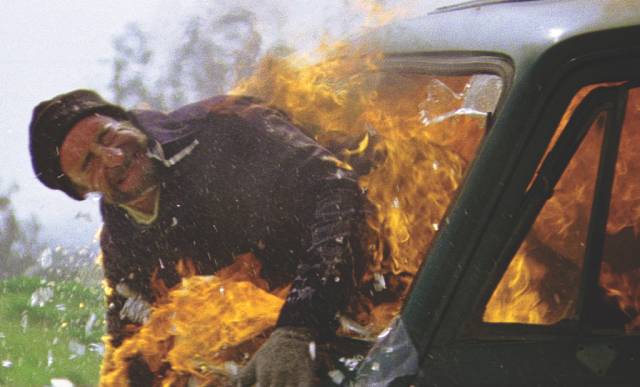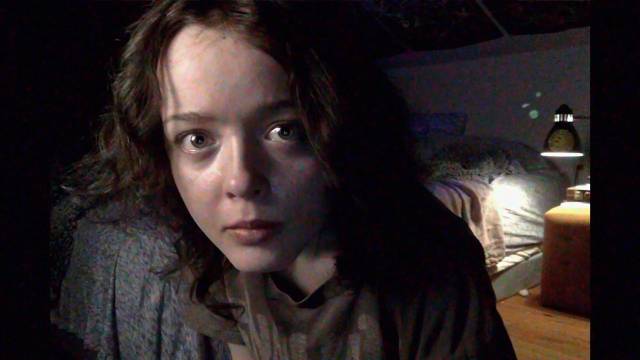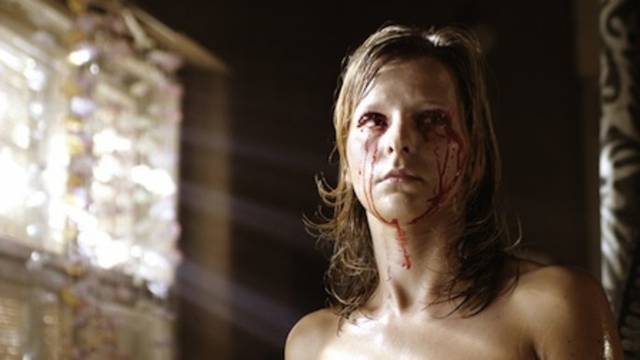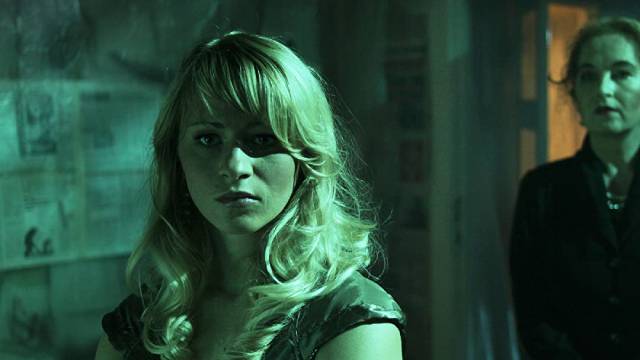
More recent viewing, with excellent restorations of classic fantasies by Arrow – Roger Vadim’s Barbarella (1968) and John Milius’ Conan the Barbarian (1982); a pair of impressive German film school projects – Tilman Singer’s Luz (2018) and Lukas Feigelfeld’s Hagazussa (2017); a couple of entertaining Australian features which mix fiction and documentary in interesting ways – Brian Trenchard-Smith’s Stunt Rock (1978) and Aaron McCann and Dominic Pearce’s Top Knot Detective (2017): and Shredder Orpheus (1990), a low-budget indie version of the Orpheus myth made by Seattle musicians and skateboarders.








